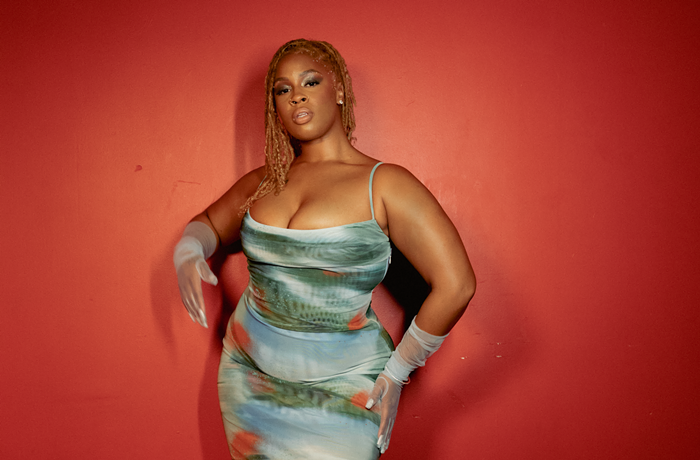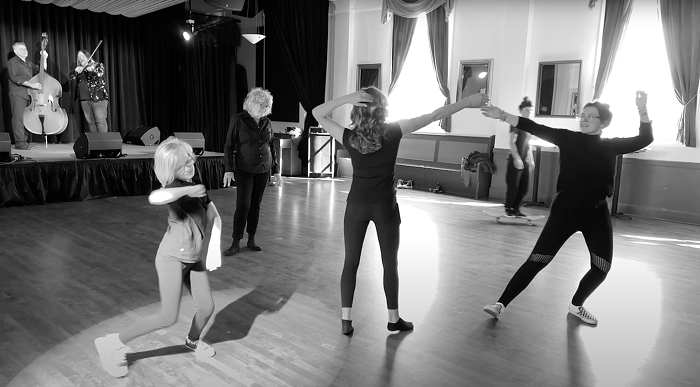WITH KEEN, Lake Tahoe-clear blue eyes and a shy, mischievous smile that reveals a gold-capped incisor, Michael Hurley exudes a boyish earnestness despite his wispy white hair. Hurley’s music, cited by some as the first freak folk, is pure Americana: a perfectly proportioned melting pot of bluegrass, blues, early jazz, ’50s rock and country, and ’60s Greenwich Village folk.
Though Hurley’s cult following has grown alongside his prolific, half-century-spanning discography, he’s never fully entered the mainstream. His debut record, First Songs, was released in 1964, but Hurley says he could count the number of shows he played that decade on one hand.
“There was all this bullshit about playing in coffee shops,” he says seated beneath the high ceilings of the Blue Scorcher Bakery & Café in Astoria. “I never considered this a way to make a living. In order to survive, I worked jobs.”
If his recognition isn’t broad, it’s no fault of his songs. Mississippi Records owner Eric Isaacson, who’s been putting out Hurley’s records since 2010, counts him among the greatest songwriters of our day, right next to Bob Dylan, Leonard Cohen, and Townes Van Zandt. But Hurley is a working-class guy.
“He never felt like the world owed him a music or art career,” Isaacson says in an email. “People all around him still had to scrub toilets or work in a mine even though they were the greatest musicians on Earth. This was the history of American music.”
It’s an ethos that stands in stark contrast of the relentless hustle of branding and self-promotion that’s an essential part of today’s music industry. But Hurley, who finds the pace of NPR too rushed, is as unhurried as his music, which follows a natural cadence that acknowledges rather than adheres to tempos and time signatures.
Many of his songs are lo-fi home recordings and feature mostly acoustic instruments, with the exception of his electric guitar and the occasional organ part. Both lyrically and musically plainspoken, Hurley writes the poetics of the everyman.
“I have a certain magnetism with babies,” he says with an affirming nod. “Mothers have told me that their infants want this particular music ever since I started putting out records.”
There’s something about his music that is deeply and ineffably satisfying. Hurley’s stories are simple, but full of the indescribable richness of well-cooked food—a favorite lyrical subject. Snock, the widely grinning wolf who appears on many of his album covers, is also a frequent character in Hurley’s songs. Down but never out, Snock is ever in search of the same things as the rest of us: good eats, good wine, good company, high times. Hurley’s songs discretely transport you to this twilit universe.
It’s a universe that’s still expanding—Hurley’s about to reissue a 1976 recording made at Folk City in New York on Feeding Tube Records. He’ll spend the winter in Astoria working on a second graphic novel and his next record for Mississippi. Beyond that, the septuagenarian is still as footloose as ol’ Snock. When asked if he plans to make Oregon his home for good, Hurley, who’s been a vagabond most his life, responds with a sly, squinty smile.
“I don’t know about stickin’ around for the long haul,” he says. “Don’t quite know what.”


















